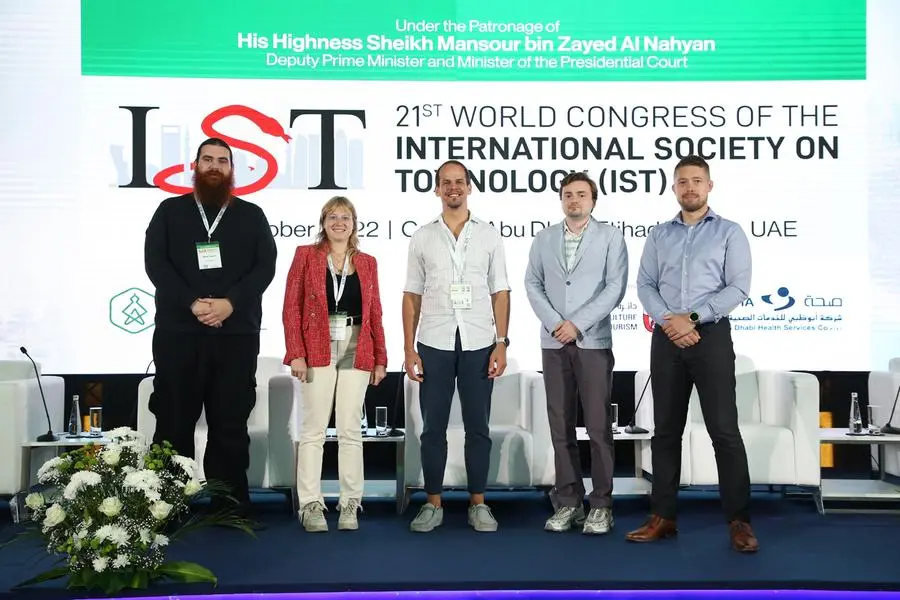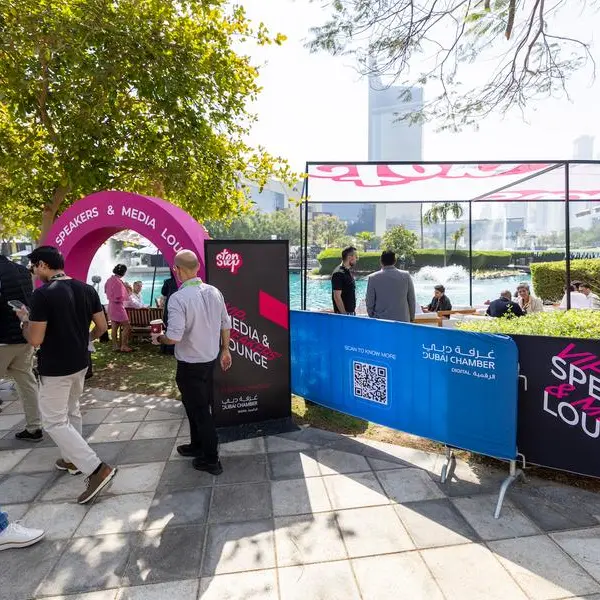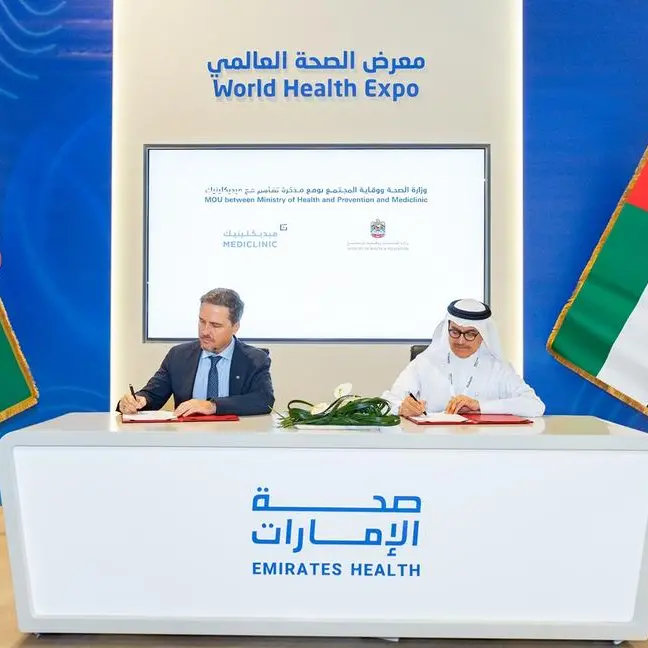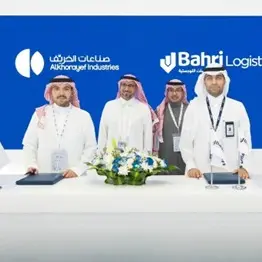PHOTO
Abu Dhabi: In line with the great attention paid by the prudent leadership to the youth, the 21st World Congress of the International Society on Toxinology (IST) devoted its 2nd day to young researchers in toxicology. It hosted a number of young researchers from different countries to present the results of their research and studies in toxicology before scientists, specialists and professors participating in the Congress in order to benefit from their great expertise and deep experiences in toxicology.
Eleven young researchers from UAE, USA, UK, India, Brazil, Germany, Belgium and Russia reviewed the results of their research and studies in toxicology before the conference, and answered questions from specialists and university professors about their studies and research.
Continuing the activities of the Congress, Dr. Denise Tambourgi (Butantan Institute, São Paulo, Brazil), on the second day, delivered a plenary lecture titled "Targeting the complement system in human envenomations". Several sessions were also held, during which the participants presented a summary of their research and results of their studies in toxicology, most notably Dr. Tim Lüddecke (German Fraunhofer Institute), Dr. Maik Damm (Technische Universität Berlin, Germany), Dr. Lou Freuville (University of Liège, Belgium), and Dr. Ernesto Lopes Pinheiro-Junior (University of Leuven (KU Leuven), Belgium). The spoke about the high-throughput mass spectrometry methodology to fish peptide toxins from crude venoms by affinity capture on cell membrane receptors.
Meanwhile, Dr. Denis Kudryavtsev (Institute of bioorganic chemistry of Russian academy of sciences, Russia) reviewed results of his study on conotoxins and snake venom neurotoxins for glioblastoma multiforme nicotinic acetylcholine receptors. While Dr. Douglas S. Oliveira (Butantan Institute, Brazil), Dr. Bruna Fernandes Pinto (Butantan Institute, Brazil), Dr. Priscila Hess Lopes (Butantan Institute, Brazil) presented a study on Screening of pro-inflammatory activity of amphibians’ skin secretions in THP-1 macrophages.
Also, Dr. Senji Laxme Rajini Raghunath (Indian Institute of Science, India) reviewed the evolutionary ecology of India's medically most important snake venoms. While, Dr. Mitchel Okumu (University of Nairobi, Kenya) discussed in vitro & in vivo neutralization of venom from the Eastern Forest Cobra (Naja subfulva) by some antivenoms in Kenya.
Dr. Praneetha Palasuberniam (Universiti Malaysia Sabah, Malaysia) virtually presented a research about the physicochemical purity of Philippine Cobra Antivenom (PCAV) and neutralization efficacy.
Dr. Charlotte Dawson (Liverpool School of Tropical Medicine, UK) presented a research on the pre-clinical evaluation of small molecule therapeutics for use against North American crotalid envenomation.
The 21st World Congress of the International Society on Toxinology (IST) kicked-off on Monday under the patronage of Sheikh Mansour Bin Zayed Al Nahyan, Deputy Prime Minister and Minister of the Presidential Court, at Conrad Abu Dhabi Etihad Towers.
The Congress is being organised by Amsaal, the first of its kind company in the Middle East, in collaboration with the Ministry of Climate Change and Environment, the Environment Agency - Abu Dhabi, Department of Culture and Tourism, and the Abu Dhabi Health Services Company "SEHA"
About 300 participants interested in toxinology have attended in person, while over 2,000 are participating remotely from 37 countries. Among of them 137 speakers from scientists, specialists and experts in toxicology, as well as researchers, professors of international universities, executives, and those interested in toxicology
-Ends-



















